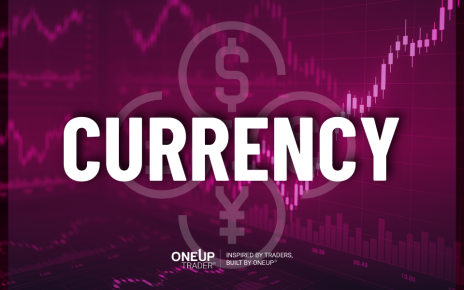- The Fed may increase interest rates by a half-point in March.
- Figures revealed that orders of core durable goods in the US rebounded in January.
- British Prime Minister Rishi Sunak reached a new trade agreement with the EU.
Despite continued fears over impending interest rate hikes to contain stubbornly high inflation, US equities managed to scrape out a small gain on Monday as investors looked for bargains.
The S&P 500 and Nasdaq experienced their most significant weekly percentage declines since December last week, while the Dow Industrials experienced its most significant weekly decline since September. This is because recent economic data and remarks from US Federal Reserve officials increased expectations that the central bank will raise rates more quickly.
According to UK-based Barclays and NatWest economists, the Fed may increase interest rates by a half-point in March. Morgan Stanley said there wouldn’t be a rate cut this year and that the Fed would begin decreasing rates at a slower pace of 25 basis points.
Fed funds futures indicate that traders expect a third 25 bps increase this year and anticipate that rates will peak at 5.4% by September.
Fed Governor Philip Jefferson declared he had “no illusion” that inflation would fast return to its desired level and that he was determined to maintain the tight monetary policy for however long it took.
Figures revealed that orders of core durable goods rebounded in January while new orders for key American-made capital goods grew more than anticipated, indicating that business spending on equipment increased.
However, orders for products that are supposed to last three years or longer, such as toasters and aircraft, fell 4.5% in January, the most significant decline since April 2020.
After experiencing its worst weekly decline of 2023 due to concerns about further increases in US and eurozone interest rates, the STOXX 600 index for Europe increased on Monday, helped by rises in all key sectors.
The optimism was increased when British Prime Minister Rishi Sunak closed a new deal with the European Union over trade regulations for Northern Ireland after Brexit. He said this would open the door for a new chapter in London’s relations with the bloc.
Although the eurozone’s overall price pressures have recently begun to ease, the European Central Bank is still anticipated to raise interest rates in March due to concerns that inflation may be more persistent than markets had expected.



